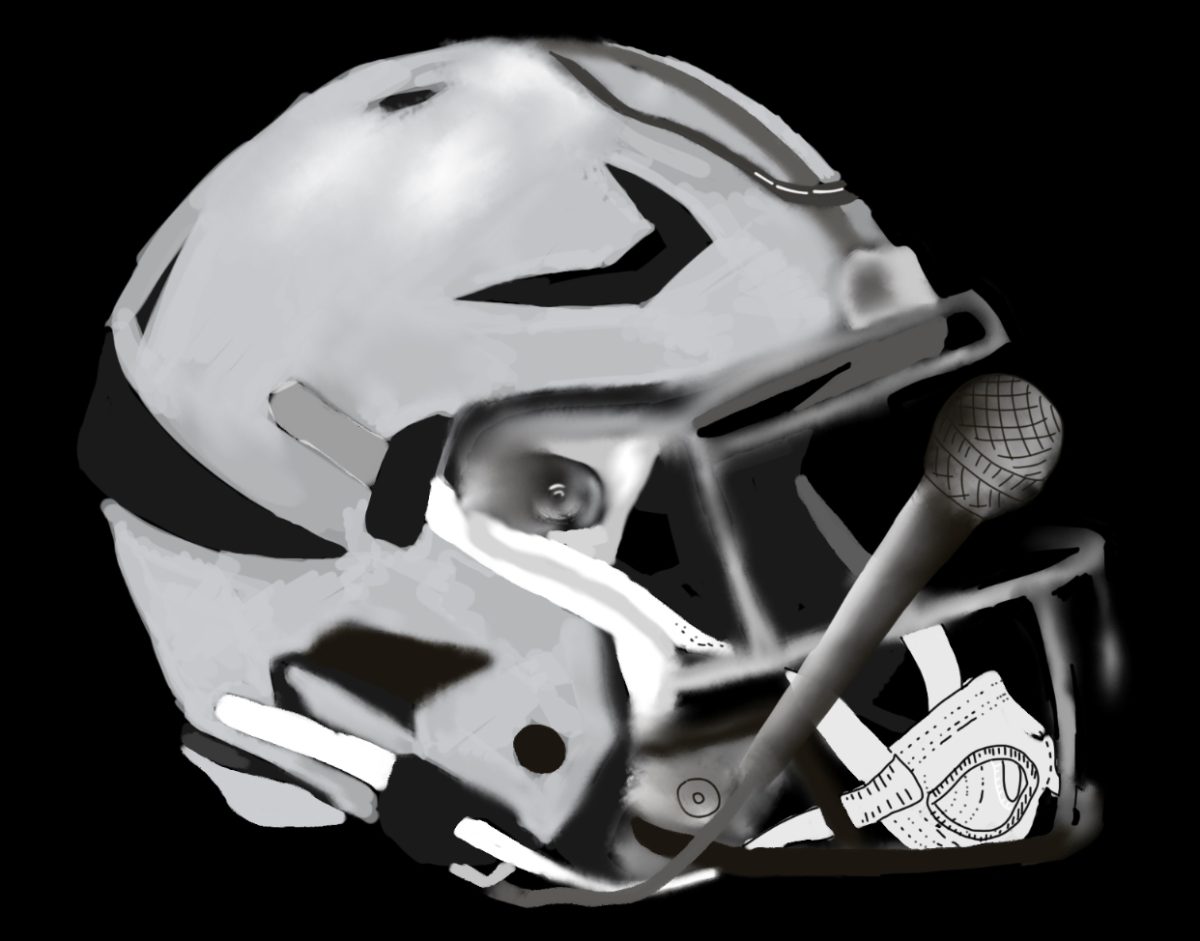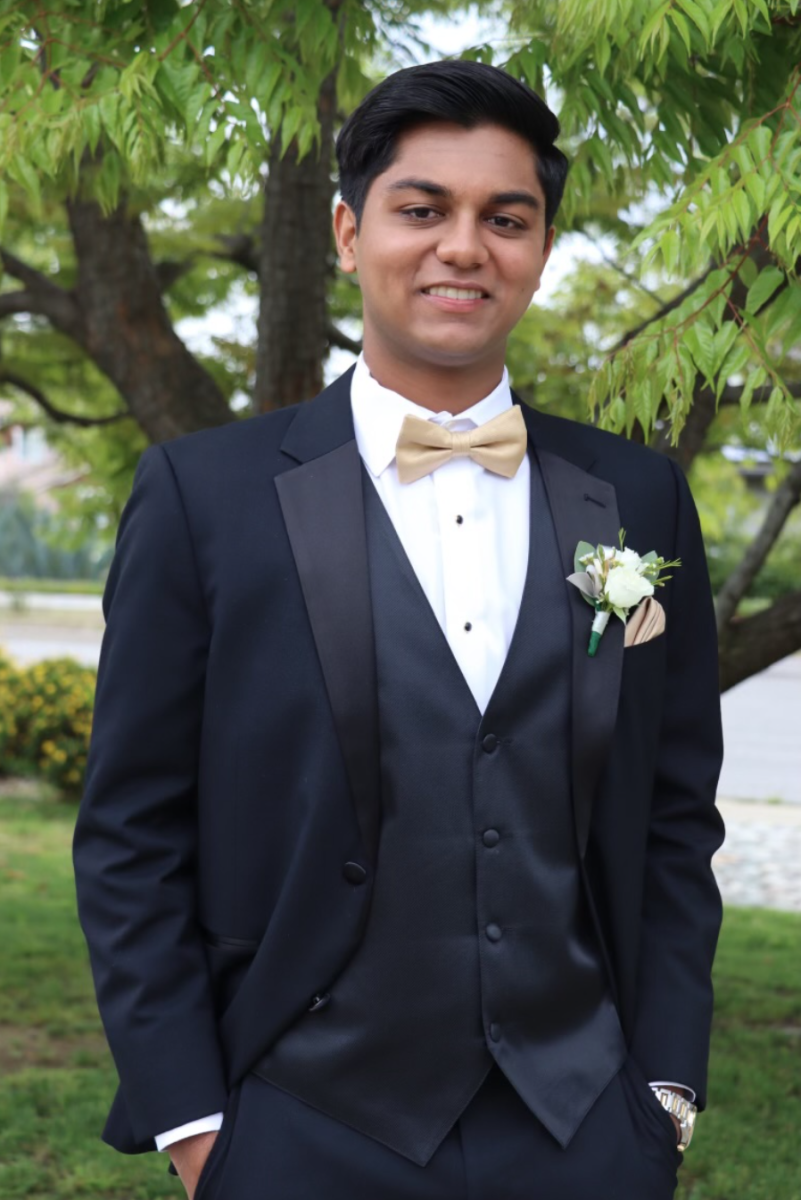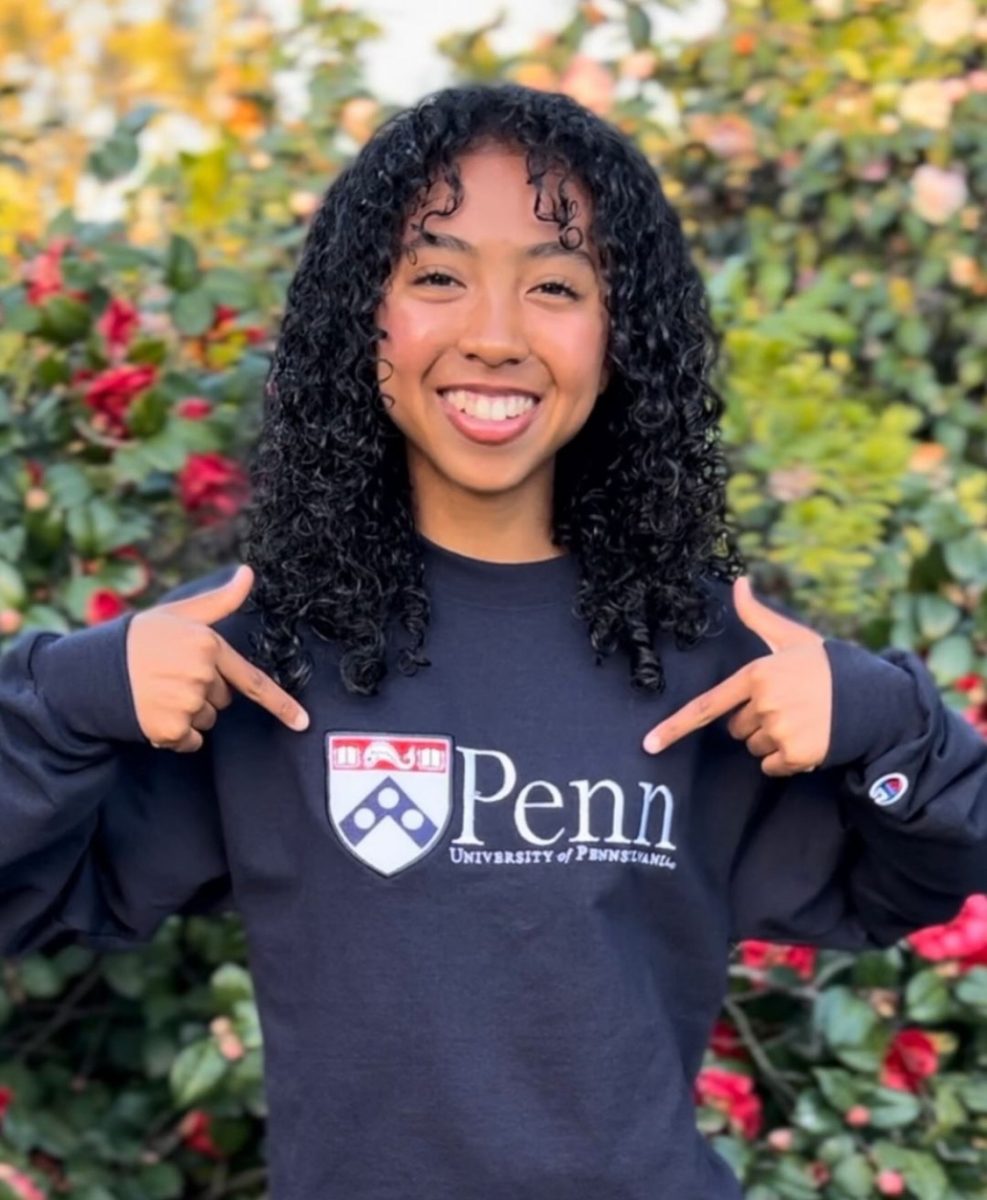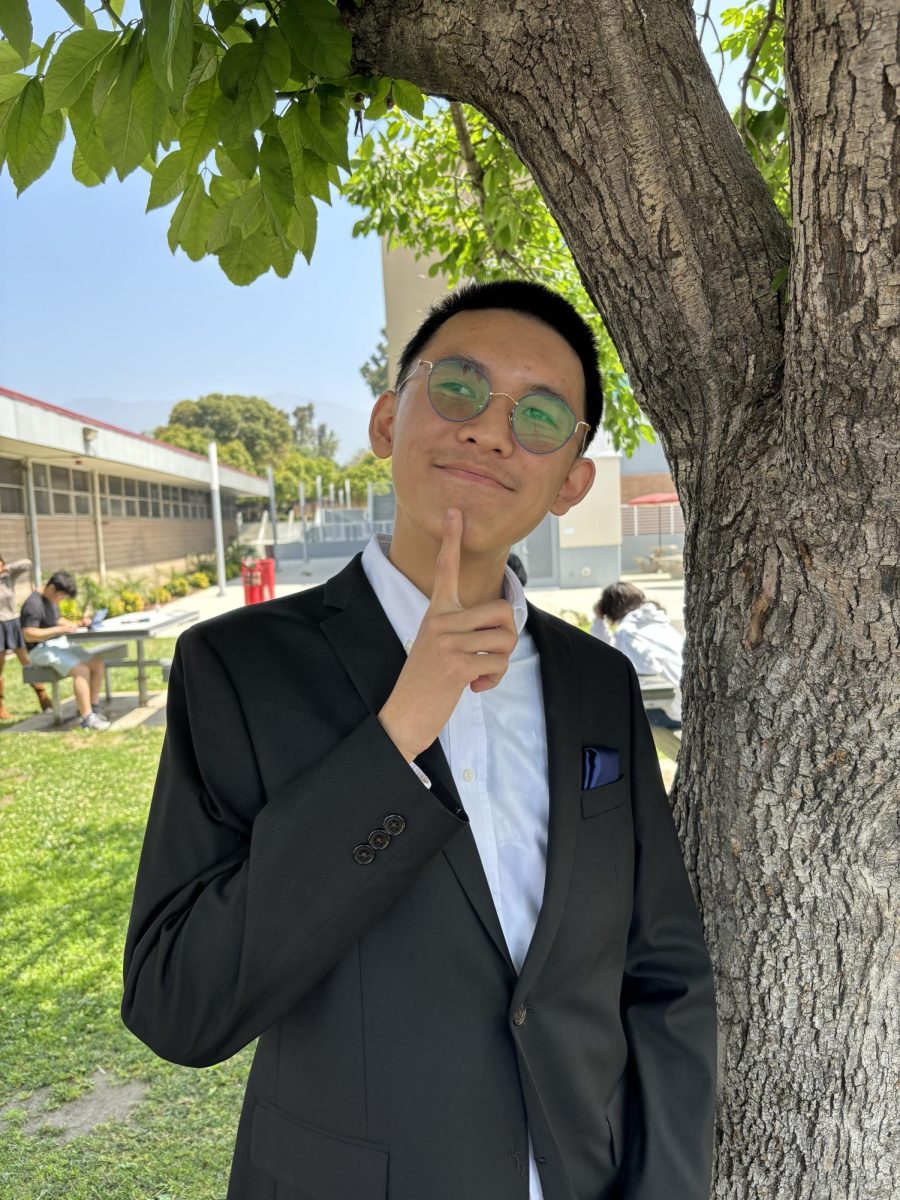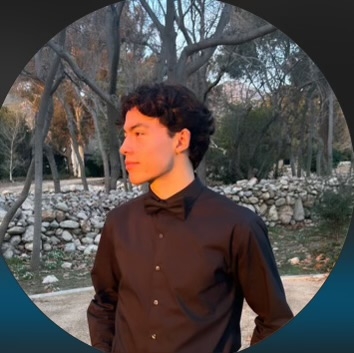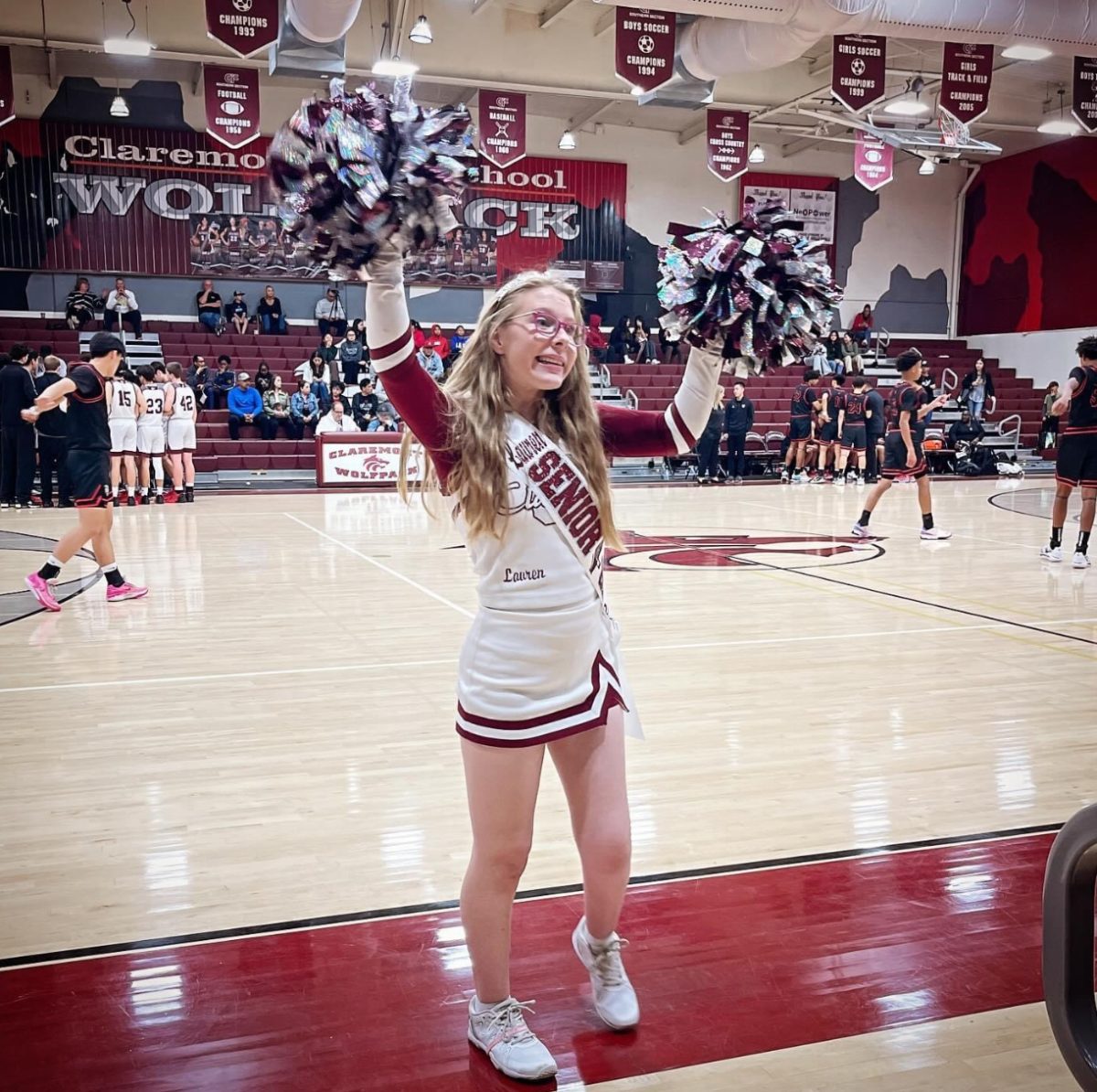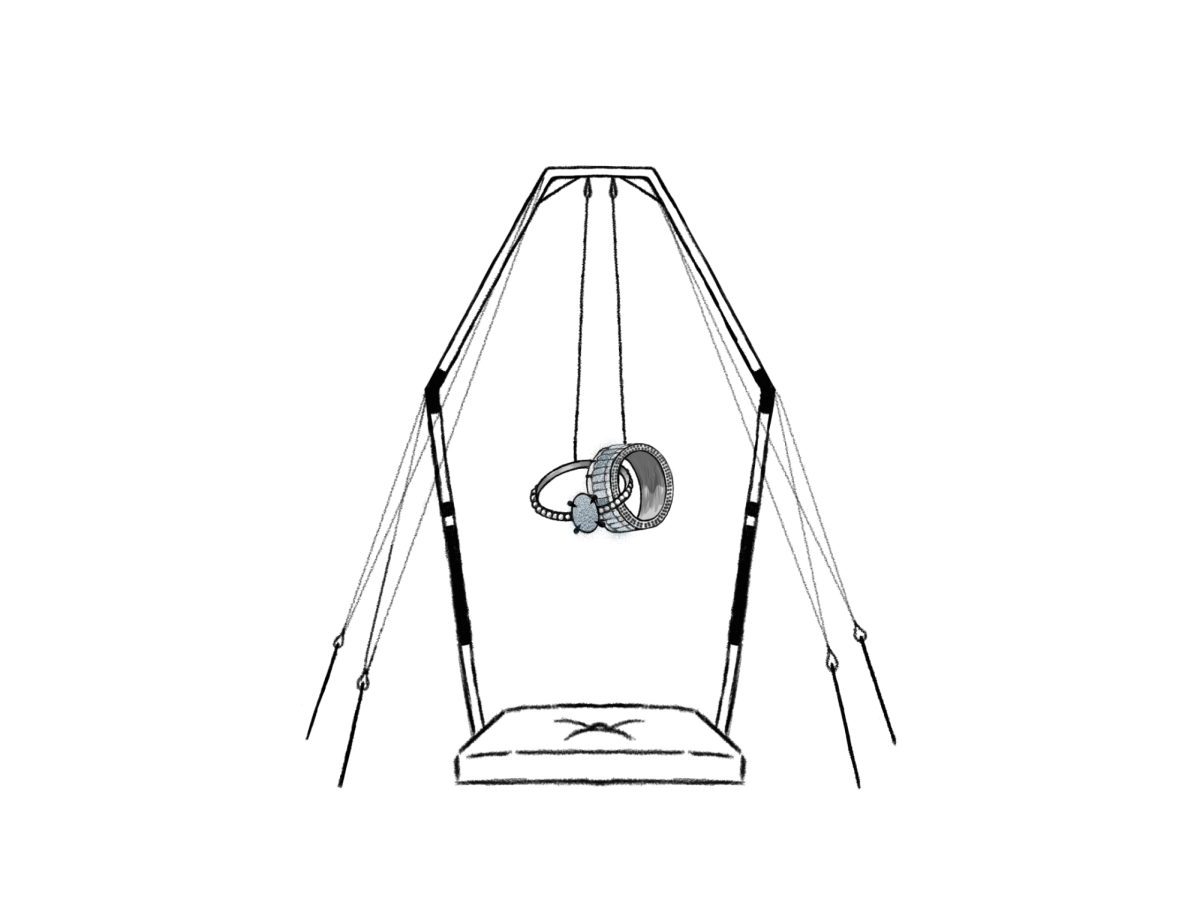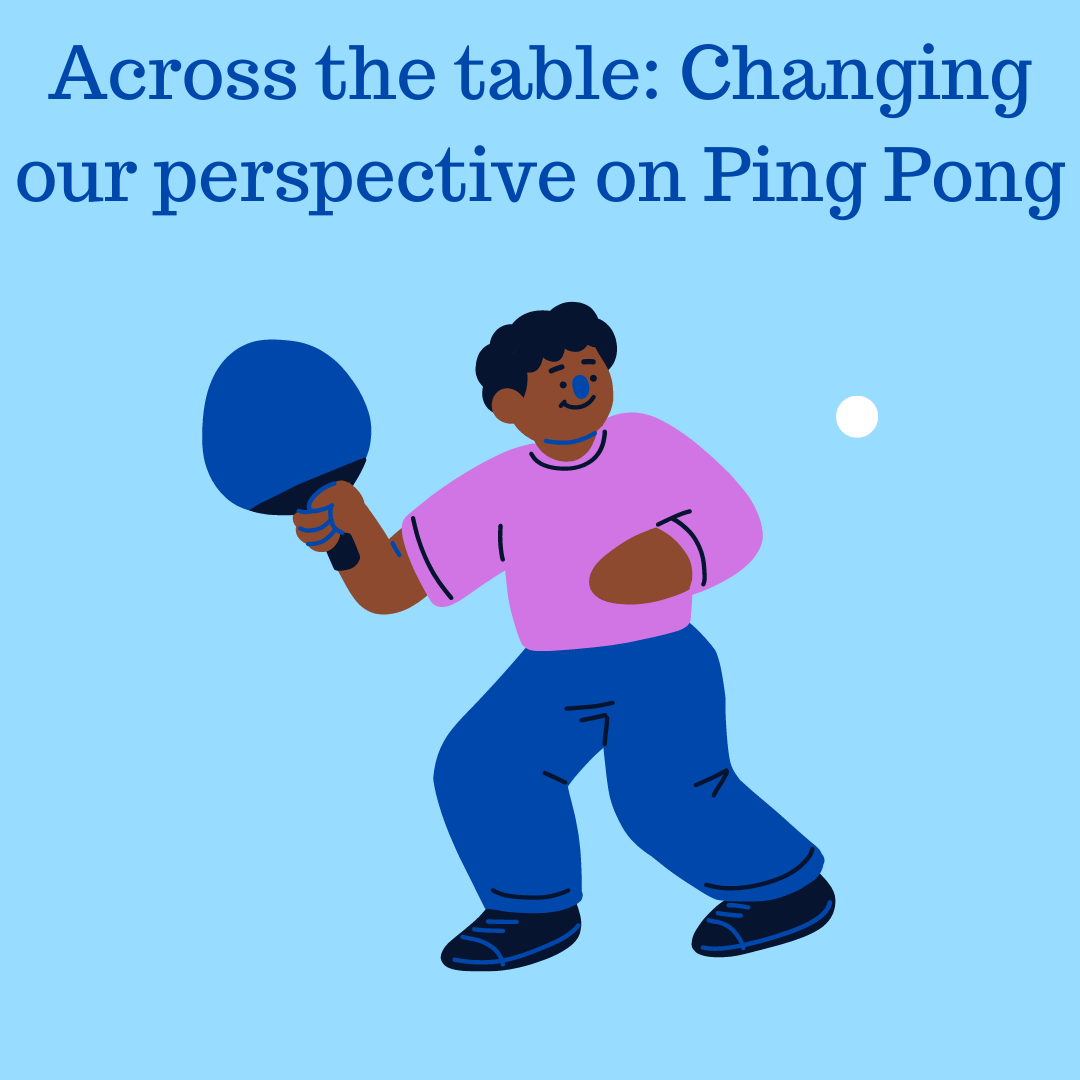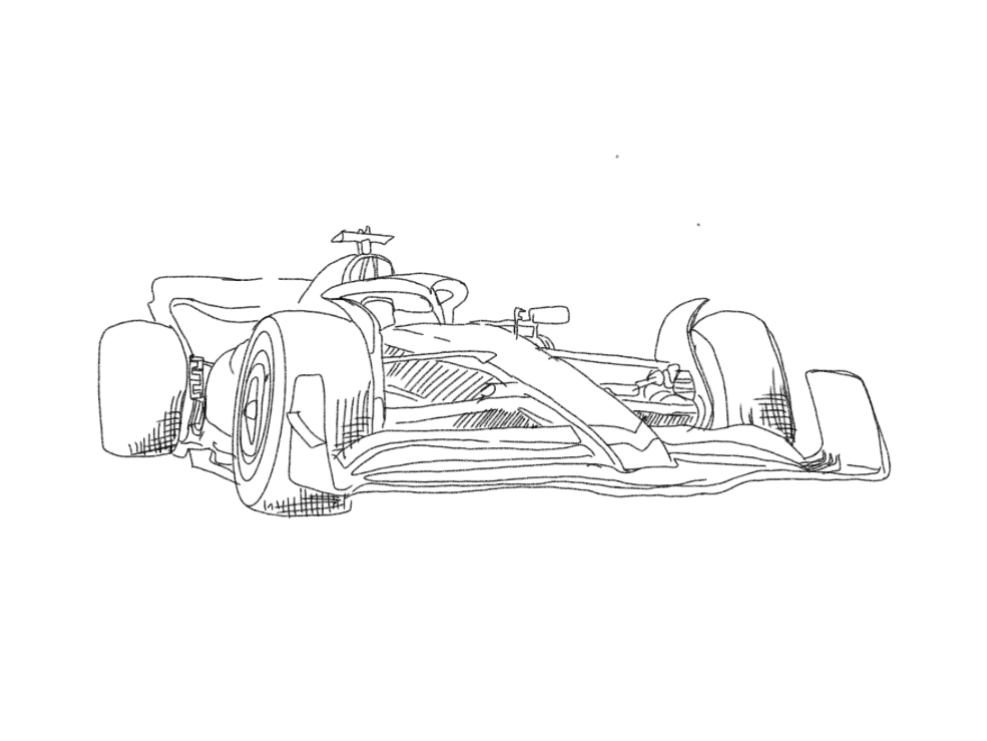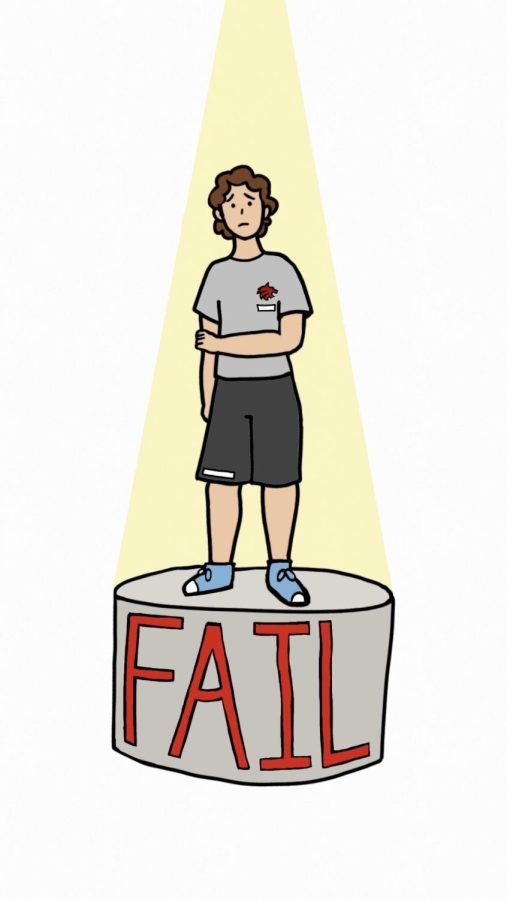Football fans are not happy. For the past two months, their beloved American sport has been infiltrated by the likes of global pop stars and multimillionaire celebrities. Cameras unnecessarily interrupt touchdown celebrations and montages, panning to the private boxes to catch a glimpse of some of the most famous people in the world (one broadcast did so 17 times in a single game). Pop culture is overruling playtime, and fans are rightfully upset, but blaming celebrities for “seeking attention” by coming to games does not help when the worst offender is the National Football League itself. Nobody hates pop culture more than football fans; nobody loves pop culture more than the NFL. One cannot refute the fact that the NFL has intertwined American football with pop culture much more than the general public realizes, likely out of a capitalistic desire to increase viewership.
The biggest connection between football and pop culture is the Super Bowl. In an effort to increase viewership, the NFL had their first star-studded halftime show with Michael Jackson in 1993; its incredible success cemented the tradition. Though the Super Bowl draws millions of viewers worldwide who flock to watch the televised penultimate football game between the top two football teams, just as many millions are there for the fifteen minutes during halftime where musical artists light up the entire stadium in thrilling shows. The most recent Super Bowl had Rihanna make her first onstage performance in seven years, drawing even more attention than usual to the performance. 118.7 million people tuned in on Fox News to watch Rihanna, while 112.17 million watched the entirety of the Super Bowl itself– those fifteen minutes were more popular than the Super Bowl itself. The halftime show demonstrates the lucrative attention pop culture brings to the NFL, and the NFL’s desire to capitalize on that.
Football players have also become pop-culture icons, in no small part thanks to the NFL. Encouraging brand dealerships, these high-ranking athletes are often included in celebrity chatter and gossip. A famous example is legend Tom Brady, while a more recent example would be Travis Kelce– the same situation which has sparked this recent outrage from football fans.
The overlap between pop culture and NFL which has been especially noticeable in recent months is not a one-time occurrence. It has been happening for much longer than the public realizes, and at the whims of the NFL itself. To blame this infiltration on anyone but the NFL is inaccurate and ineffective.





